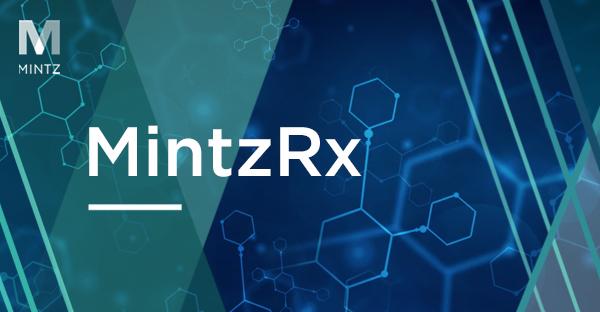MintzRx — Tension Over Copay Assistance and Maximizer Programs Continues
In early May, a subsidiary of Johnson & Johnson (“J&J”) that operates copay assistance programs for J&J’s pharmaceutical companies brought suit against Save On SP, LLC, (“SaveOnSP”), a company that operates copay maximizer programs on behalf of insurers and PBMs. J&J’s complaint, which alleges one count of tortious interference and a second count of deceptive trade practices, is one of the most high-profile and closely watched legal actions that a pharmaceutical manufacturer has taken against a copay maximizer program.
The suit centers on the Janssen CarePath Program, a J&J program that provides patients enrolled in private commercial plans up to $20,000 annually in copay assistance for 44 high-priced Janssen drugs, including several complex biologic treatments for various cancers and serious immunological conditions. CarePath payments are designed to count towards the patient’s out-of-pocket (“OOP”) maximum, and the terms and conditions patients must assent to receive assistance prohibit patients from using the copay assistance “with any other coupon, discount, prescription savings card, free trial, or other offer.”
According to J&J’s complaint, SaveOnSP operated a complex arrangement to capture CarePath’s assistance – meant for patients – for it and its plan clients resulting in J&J paying more than $100 million is assistance than it otherwise would have. Notably, J&Js claims are limited to state tortious interference and deceptive trade practices because there are currently no federal regulatory or state insurance laws that would prohibit such an arrangement, a fact SaveOnSP highlighted in its motion to dismiss filed in July.
The issue of whether copay assistance programs are permitted under federal law is complicated. Federal regulations currently give plans, in the absence of applicable state restrictions, discretion to exclude manufacturer assistance from a patient’s cost sharing obligation. However, three patient advocacy groups filed a suit against HHS in August 2022 arguing that these federal regulations are invalid because they are inconsistent with the ACA’s definition of “cost-sharing”.
While many states have passed laws to require health plans to apply any manufacturer assistances towards a patients OOP maximum, for complicated reasons involving ERISA pre-emption, such laws do not apply to the types of self-funded plans such as SaveOnSP’s plan clients. Thus, other manufacturers and plans are likely closely watching this case to see whether such state law theories will be able to stick.

